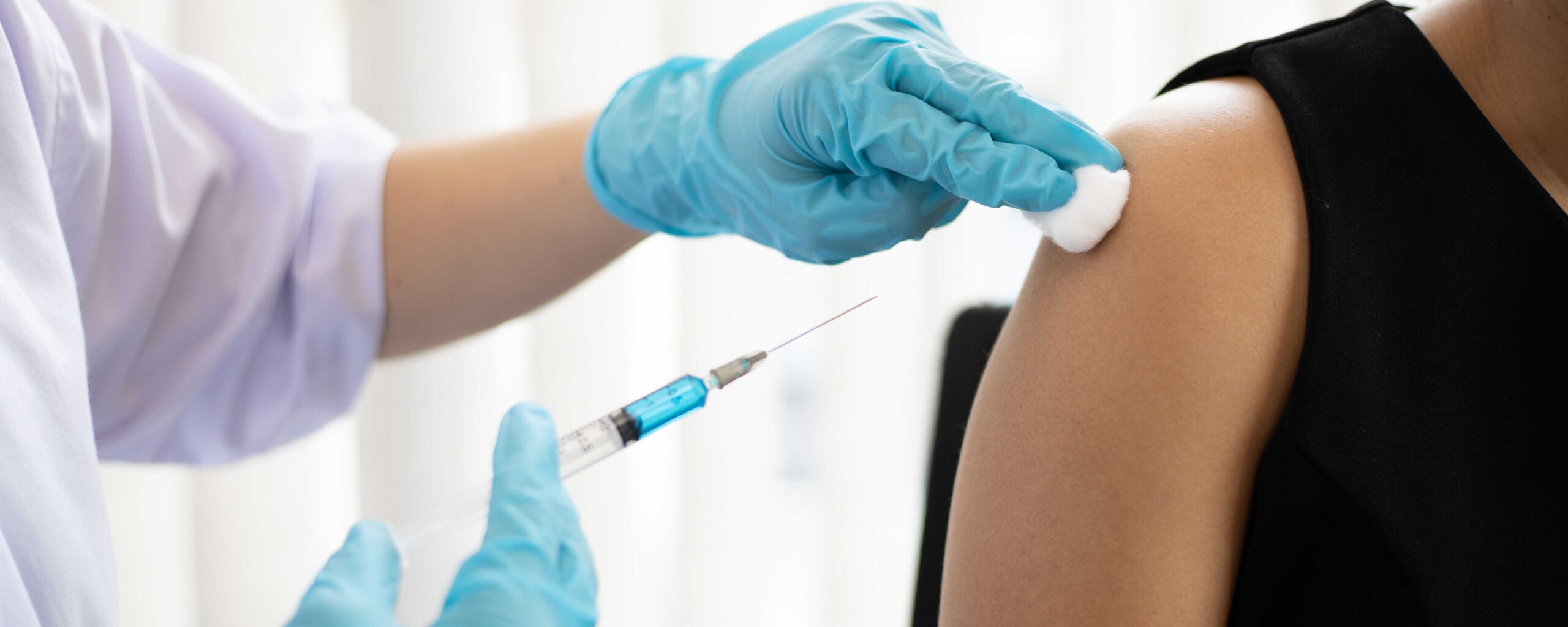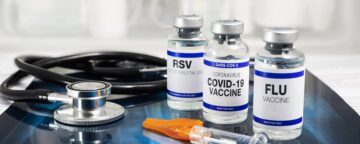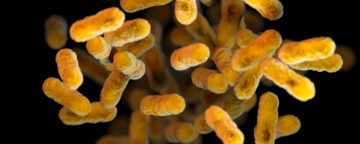A paper reviewing APPC research during the pandemic finds a "conspiracy mindset" was a major factor in resistance to Covid vaccination.


A paper reviewing APPC research during the pandemic finds a "conspiracy mindset" was a major factor in resistance to Covid vaccination.

We've compiled a list of essential FactCheck.org reads about Secretary of Health and Human Services nominee Robert F. Kennedy Jr. and his remarks about vaccines, autism, Covid-19 and other topics.

An APPC survey reveals that 48% of U.S. adults incorrectly think that the benefits of taking aspirin every day outweigh the risks.

Most U.S. adults support school vaccination requirements and policies requiring children to be vaccinated against preventable diseases such as measles, mumps, and rubella, an APPC study finds.

A paper by APPC researchers finds that media coverage of civilian casualties in allied countries increases public support for U.S. involvement in conflicts.

An APPC survey finds that RSV vaccines to protect older adults and newborns have become more widely accepted by the public over the last year.

The books on this page are part of a series developed by the Adolescent Mental Health Initiative, a project of the Annenberg Public Policy Center and The Annenberg Foundation Trust at Sunnylands, under the guidance of series editor Patrick E. Jamieson, Ph.D., director of the policy center’s Annenberg Health and Risk Communication Institute. These books

APPC survey finds that many Americans are unfamiliar with Whooping Cough symptoms and do not know that the Tdap vaccine protects against it.

In the annual Annenberg Lecture, former CDC Director Rochelle Walensky explored the complexities of communicating public health information.
An APPC analysis shows an uptick in news stories supporting the myth that the suicide rate increases during the holiday season.